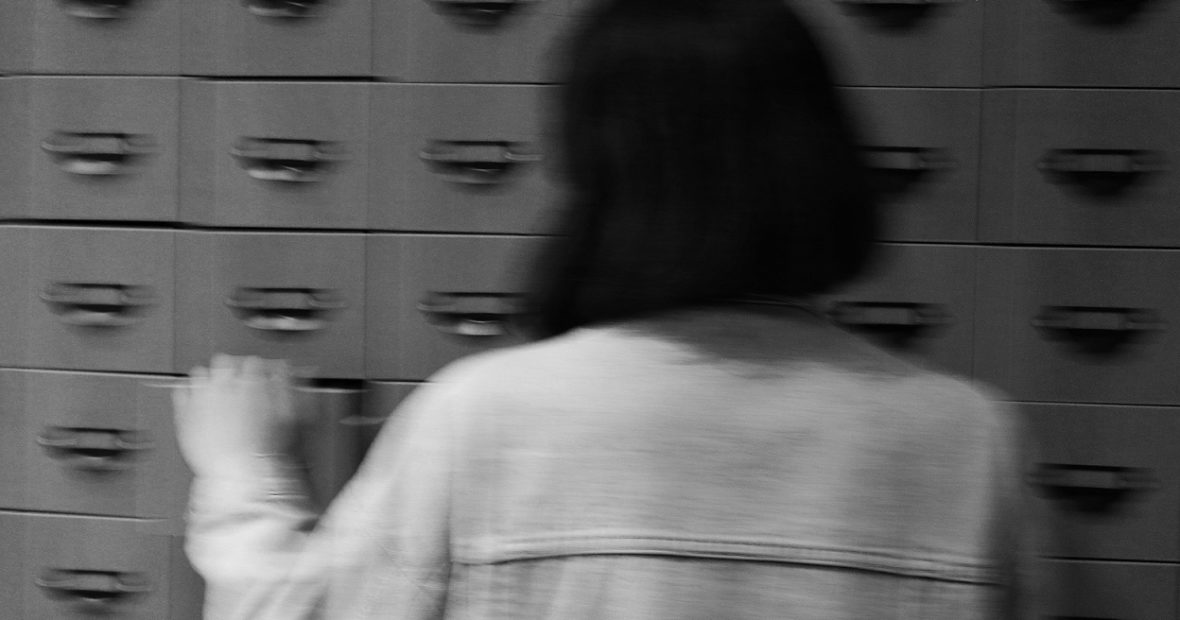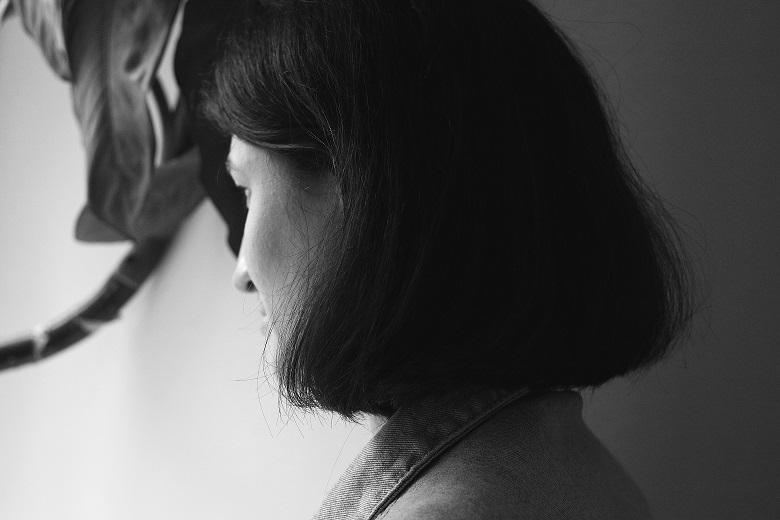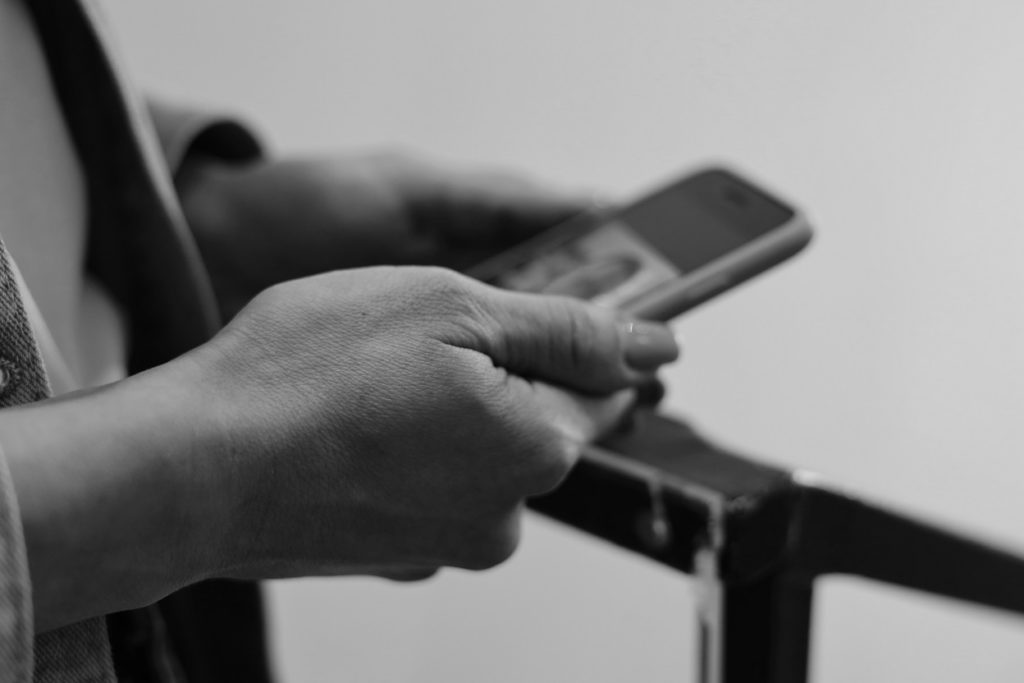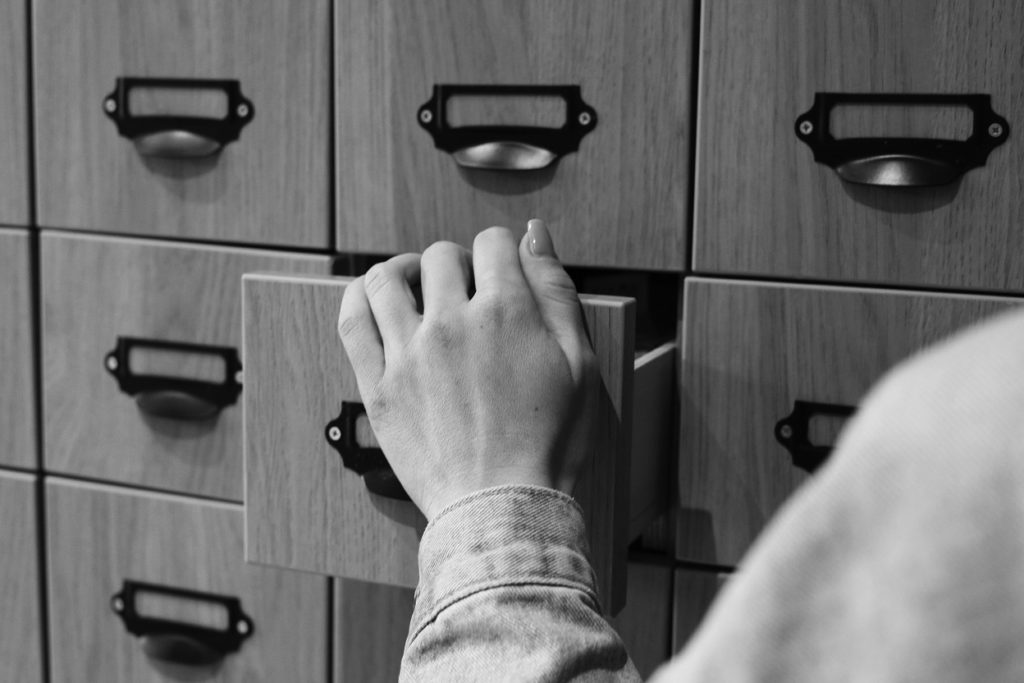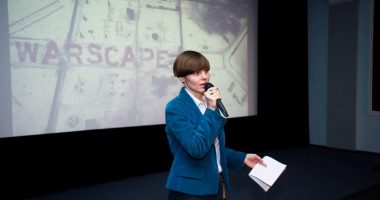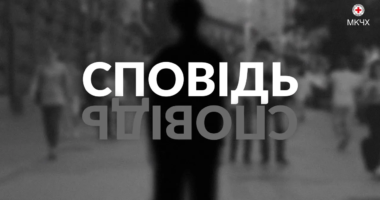“My younger brother and I are almost four years apart. From childhood, he fought for justice, was responsible beyond his age and very intelligent. He was constantly searching for himself, and, like most children, at first, he wanted to be a fireman. When I was a teenager, coming home from my friends after 11 p.m., he would call and look for me so my mother didn’t get angry because it was already late. Life turned out so unfairly that after more than 20 years, I am looking for him, and I believe with all my heart that he is alive.”
We met Oksana in Kremenchuk, Poltava region, at one of the meetings with the families of the missing and captured. She has been looking for her brother for more than a year, who disappeared due to the international armed conflict. For 14 months, the family has had no news about him. For 426 days, they have been living in a different reality, and each day hurts because of the uncertainty. Despite this pain, they are waiting for his return.
We talk to Oksana directly at her workplace. Her schedule is packed with classes at a local training centre. Here she teaches English, works with children and adult students, compiles syllabi, engages in self-development, and burdens herself with work so that at home, at least for a while, she does not suffer the greatest loss in her life. So that she stays strong, like her brother always wanted her to, even while he is not around.
“We spent our whole childhood together. We had a lot of Kinder Surprise candy. We collected an entire series of those toys. My brother always ate all the chocolate, while I only ate half of it and put the other half in the fridge for later. And when, after a while, he opened the fridge and saw a half of a Kinder, he asked me, “Oksana, you don’t want that, do you?” I said no. That’s how I always shared my chocolate with him.”
“There are people we feel good just being around. My brother is one. I can just look at him and feel at peace, even if we don’t say anything at the moment.”
“You see, I’m not crying now. I cry behind closed doors so that no one can see me, but the tears have become different because they are not from resentment, not from failure. Do you know what it’s like to scream silently? Your whole body is physically constricted.”
From the beginning of the conflict, Oksana’s brother constantly sent short messages that read “+.” It meant that he was fine and alive. Sometimes he warned that there would be no contact with him for a certain time. Back then, weeks seemed like an eternity to the family. Even on the front line, he was always concerned about his family, wherever they were. As he instructed, at the beginning of the armed conflict, Oksana and her family left the Kyiv region, where she lived then, to move to a safer place. Then came April 2022, when the family received the news that he had gone missing.
“Mom would just fall onto the floor and cry. My son, who was only five years old then, saw all that. Dad cried into the phone and said, “There’s still hope.” And I did not believe that he had gone missing. I did not have the feeling that that was it. I still don’t want to accept this reality, but it is tough for us. There is almost no information. We are doing everything we can. And we pray every day.”
“After it happened, my mother did not want to cut her hair or dye it any more, that is, to do what had been usual for her before. And I told her, “My brother would never approve of this.” We are fighting hard to preserve our humanity because he is going to return soon. Mother does not wear mourning, she does not walk the streets in tears. But believe me, she cries every day. And I hear it. Her eyes have turned grey, you know?
What keeps us going is my son. She tries to spend all her time with him. Today he asked:
-Grandma, do people live to be 100?
-Yes, they do. Do you want your grandmother to live to be 100?
-I want you to live a long time.
Sometimes I think we are sinful adults; this little child understands more than we do. People even sometimes say that my son is like my brother. They are both equally brave.”
He neglects his own needs and desires, but will help others and never stand aside – this is how Oksana describes her brother. In addition to his sister, his wife, parents, and nephew, who sometimes even dream of his uncle returning home, are waiting for him.
The girl talks about a dream she and her brother share, which is to do another parachute jump in the summer. A smile appears on her face when she remembers her first jump in spring two years ago. It was her brother who suggested it. And Oksana agreed because it was a rare opportunity to see him, to hug him, to talk.
“Everything came together: mom came, stayed with my son, my husband, and I went to the movies, my brother called and asked, “Up for a parachute jump tomorrow?” I could not refuse him. We rose to an altitude of 4,200 meters. My brother saw that I was afraid, looked at me and smiled. But he gestured for me to keep breathing. The free fall lasted 40 seconds. When the parachute opened in the sky, I saw a rainbow. It turned out to be round. It was wonderful. But we agreed to repeat that jump in the summer. And I believe we will.”
Oksana and her family continue to search for any information about her brother, contact all possible structures, and imagine their meeting at home when he returns. The phrase “If he comes back” does not exist in their lexicon. They have learned to live and wait, to deal with the unknown, to displace pain with work, and to support each other like never before. There are still many unfulfilled dreams, family evenings, joint birthday parties, new trips and strong hugs ahead. The most crucial thing here is not to lose faith and remain yourself.
“If only he came back. We would handle everything. I understand that we must learn how to deal with a person who is in captivity. I can’t even bring myself to say, “I understand you.” No, we don’t understand anything. We are afraid to hurt him. But we cannot help loving infinitely – and waiting. We have hope, and that’s why we live.”

